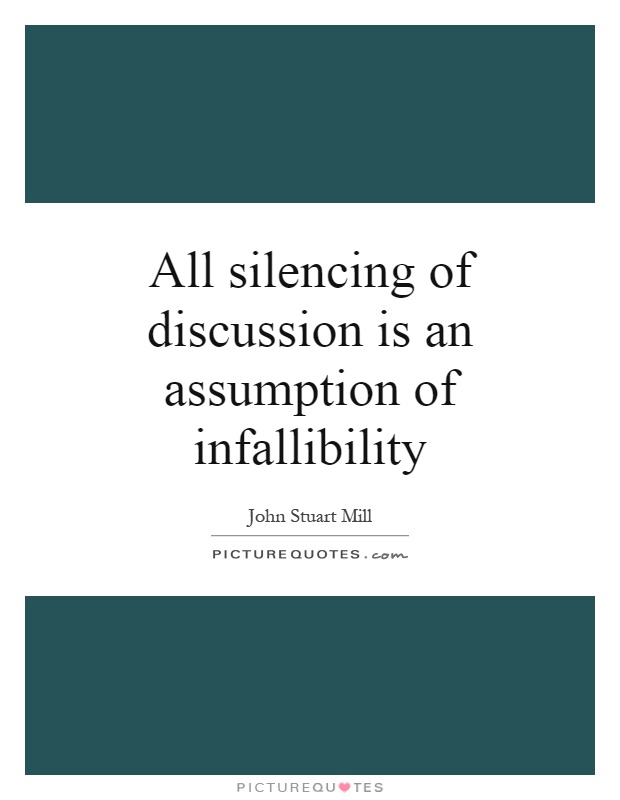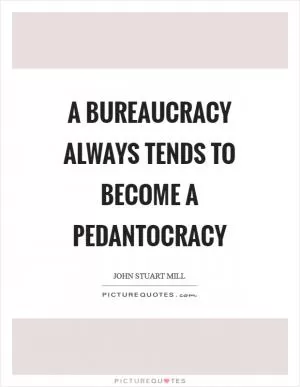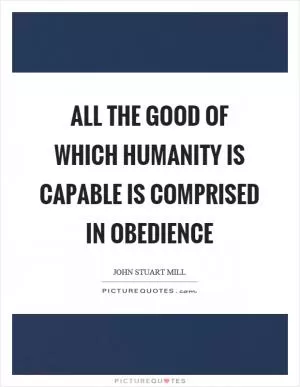All silencing of discussion is an assumption of infallibility

All silencing of discussion is an assumption of infallibility
John Stuart Mill, a prominent philosopher and advocate for free speech, famously stated that "All silencing of discussion is an assumption of infallibility." This quote encapsulates Mill's belief in the importance of open and unrestricted discourse in society. According to Mill, the suppression of differing opinions and ideas is not only detrimental to individual liberty but also reflects a dangerous level of arrogance and self-assuredness on the part of those who seek to silence dissenting voices.Mill's philosophy on free speech is rooted in the idea that the marketplace of ideas thrives on diversity and the clash of differing viewpoints. He believed that through open and honest debate, the truth would ultimately prevail and society would benefit from the exchange of ideas. By silencing discussion, whether through censorship, social pressure, or other means, individuals and institutions are essentially claiming that their own beliefs are beyond reproach and that they have a monopoly on truth.
In the context of Mill's philosophy, the assumption of infallibility is a dangerous and misguided notion. No individual or group can claim to possess absolute knowledge or certainty, and therefore, all ideas should be subject to scrutiny and debate. By shutting down discussion and stifling dissent, those in power are not only limiting the potential for progress and growth but also denying individuals the opportunity to challenge and refine their own beliefs.
Mill's ideas on free speech are particularly relevant in today's society, where the proliferation of social media and online platforms has made it easier than ever for individuals to express their opinions and engage in debate. However, this increased accessibility to information and differing viewpoints has also led to a rise in censorship and the silencing of dissenting voices. In an age where echo chambers and filter bubbles are becoming increasingly common, it is more important than ever to uphold Mill's belief in the value of open and unrestricted discourse.












 Friendship Quotes
Friendship Quotes Love Quotes
Love Quotes Life Quotes
Life Quotes Funny Quotes
Funny Quotes Motivational Quotes
Motivational Quotes Inspirational Quotes
Inspirational Quotes